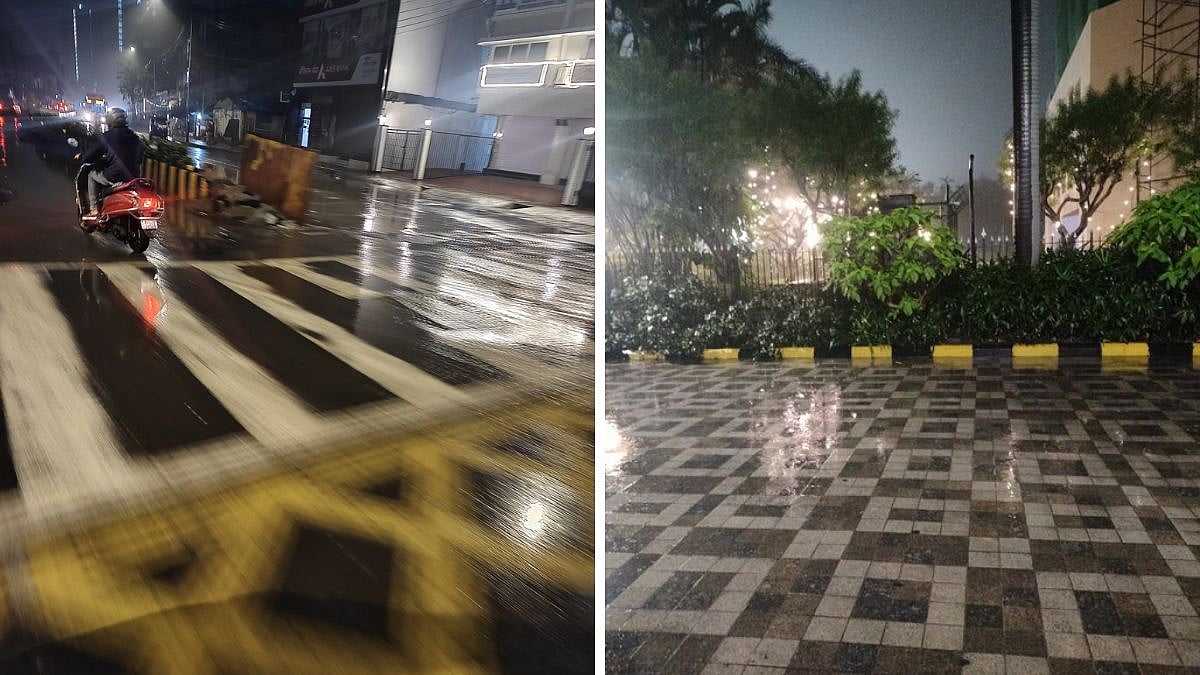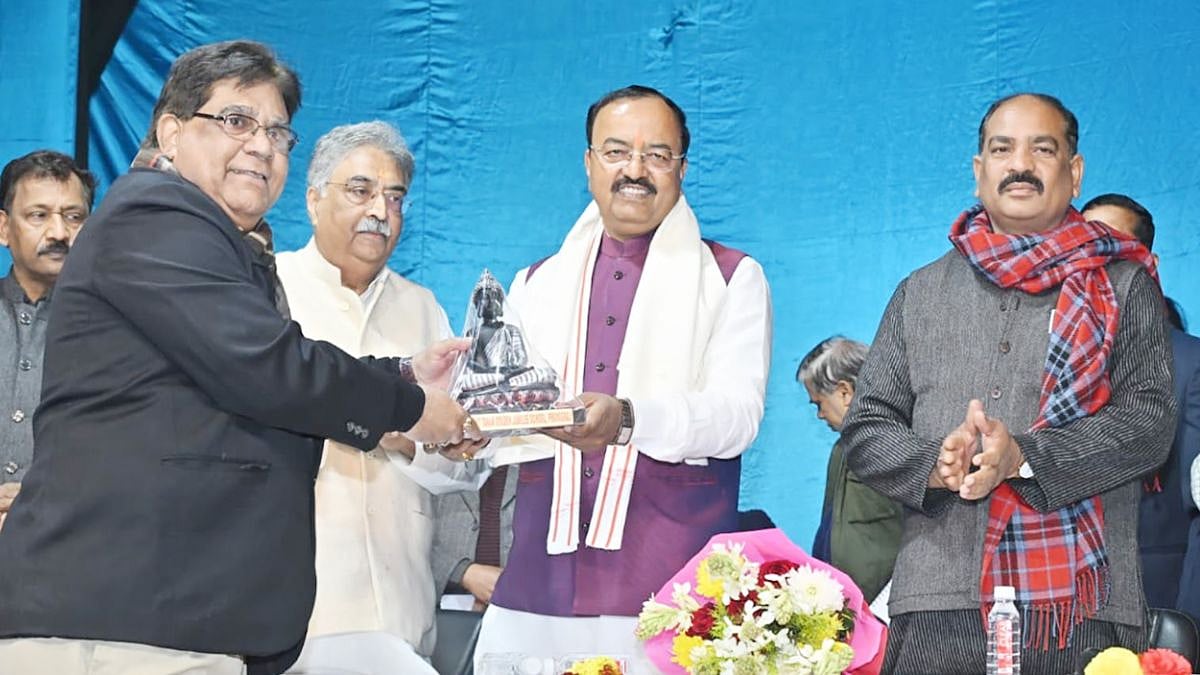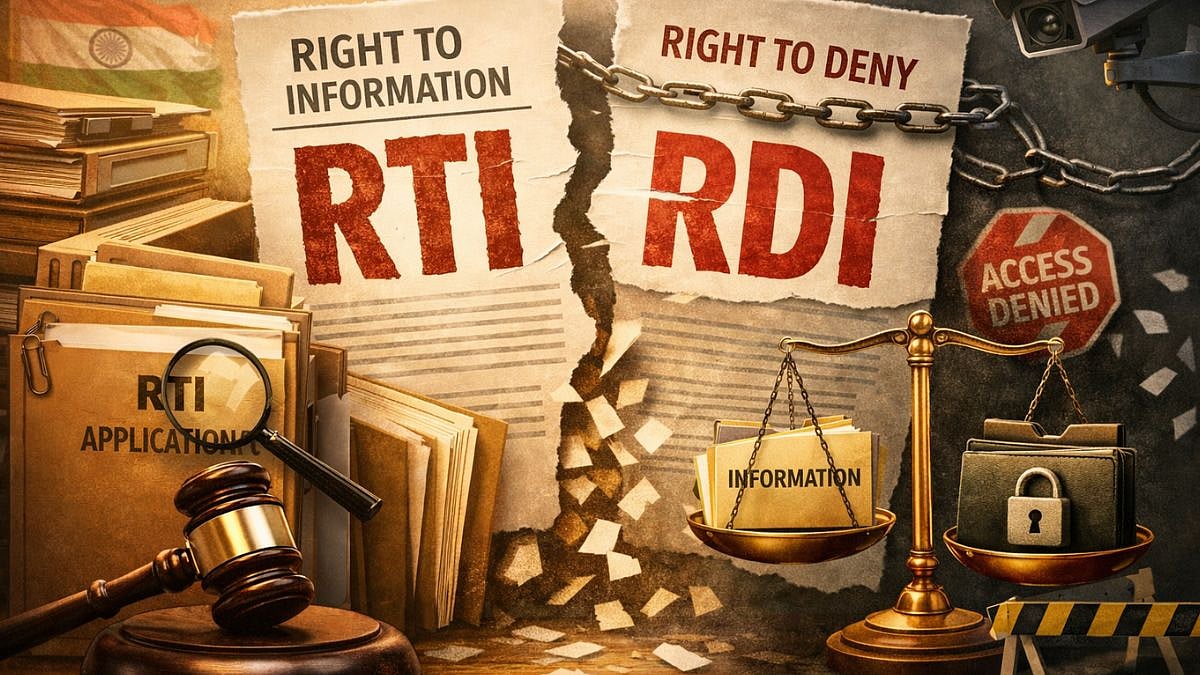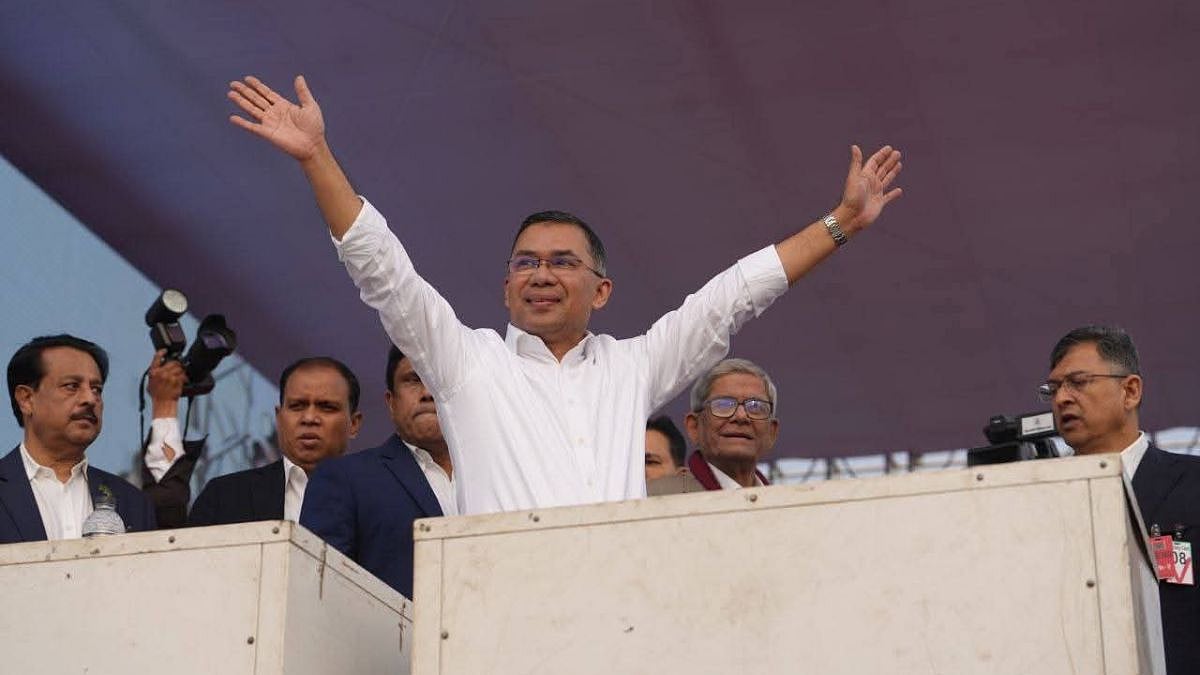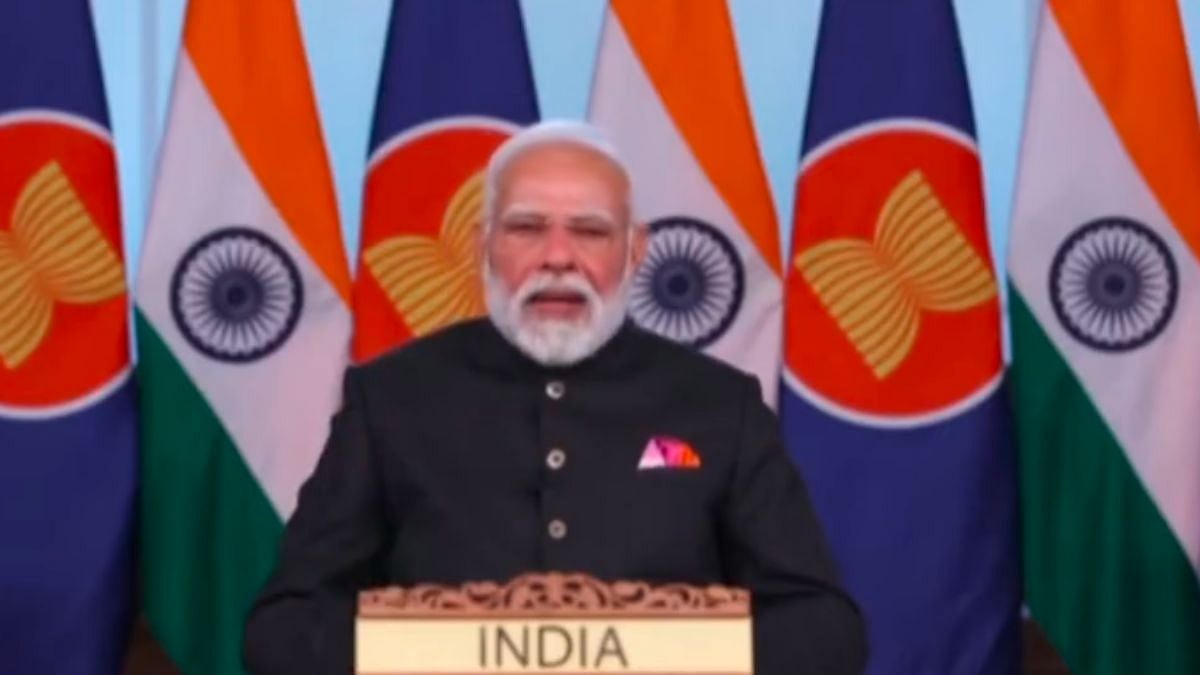In the heart of Delhi's bustle, where the scent of masala spices mingles with the blare of car horns and cinema screens glow with the vibrant hues of Bollywood, I, as a journalist, have always been in search of stories that transcend borders. My research into the presence of Indian cinema in the Middle East led me into the digital alleyways; a place where I least expected to encounter a cultural miracle. But sometimes, fate twists like an emotional scene from a Shah Rukh Khan film. I stumbled upon a Kurdish internet television – Shamaran - a virtual network built by educated Kurdish youth from all four corners of the world, now shining like a candle in the darkness of the Middle East.
Imagine: in a region whose news is filled with the sound of explosions and shadows of violence, where Kurdistan, Iraq, and Syria are more known for war and pain, a group of Kurdish youth have joined hands to create an internet television. They have no financial support, no powerful backing; everything proceeds through their own sweat and toil. But what shook me to my core was not just their content, but their spirit. This television produces cultural programmes every day – from Hollywood and Bollywood news to world music, classic films, and historical narratives. They introduce Indian cinema with love; translating colourful dance scenes from films starring Amitabh Bachan or Aishwarya Rai into Kurdish and gifting them to their people. It's as if they've brought Bollywood as a bridge for peace to Kurdistan.
When I asked a Kurdish friend to explain more – since the Kurdish language was unfamiliar to me – the story deepened. These youth stand against tribal and clan traditions, where violence against women and exploitation of youth cast shadows. But they've chosen to fight with art and culture. The even brighter highlight is their use of AI: this television is the only Kurdish network with virtual presenters that host programmes with warm voices and familiar faces. The quality of their productions, despite being amateur, surpasses that of professional televisions in the region. They're not just creating entertainment; they're building a future – a future full of peace, tranquillity, and progress for Kurdistan and the entire Middle East.
As an Indian, raised in a country rich in cultural diversity – from Diwali festivals to garba dances, from Gandhi's teachings to the entrepreneurial spirit of Bollywood – this story plunged me into profound emotions. It reminded me of our own youth: those dreaming of stardom in Mumbai or Bangalore, or striving for education in the villages of Rajasthan. The Kurdish youth, like the Indian youth, has a dream that knows no borders. While their world is surrounded by war, they build a new one with a laptop and a novel idea. The path to progress, as Gandhiji said, passes through self-sacrifice – not through sitting and waiting, but through rising and building.

